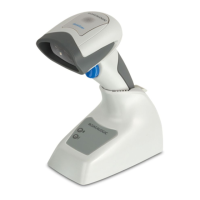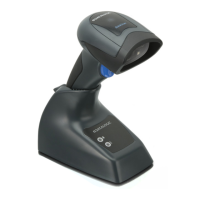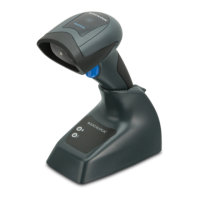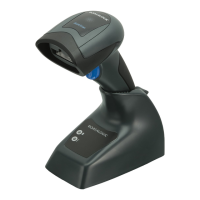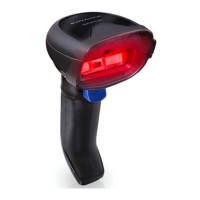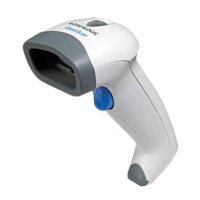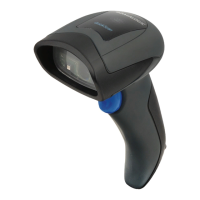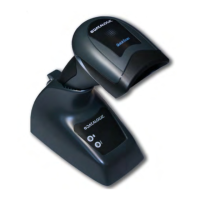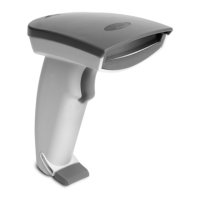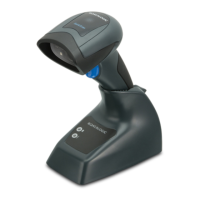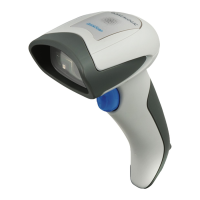Product Reference Guide 173
2D SYMBOLOGIES
2D Global Features
• 2D Maximum Decoding Time on page 174 • 2D Normal/Inverse Symbol Control on page 175
• 2D Structured Append on page 175
The reader supports the following 2D sy
mbologies (bar code types). Symbology-dependent options for each
symbology are included in this chapter. See "1D Code Selection" start
ing on page 81 for configuration of 1D bar
codes.
2D Symbologies
• Aztec Code on page 176 • Micro PDF417 on page 191
• China Sensible Code on page 179 • QR Code on page 194
• Data Matrix on page 182 • Micro QR Code on page 197
• Maxicode on page 185 • UCC Composite on page 200
• PDF417 on page 188 • Postal Code Selection on page 202
2D Global Features
The following features are common to all, or in some cases, most of the available 2D symbologies. Default settings
are indicated at each feature/option with a green arrow. Also reference Appendix B, Standard Defaults for a listing
of the most widely used set of standard factory settings. That section also provides space to record any custom
se
ttings needed or implemented for your system.
To set most features:
1. Scan the ENTER/EXIT PROGRAMMING bar code at the top of
applicable programming pages.
2. Scan the correct bar code to set the desired programming feature or parameter. You may need to cover unused
bar codes on the page, and possibly the facing page,
to ensure that the reader reads only the bar code you
intend to scan.
3. If additional input paramete
rs are needed, go to Appendix D, Keypad, and scan the appropriate characters
from the keypad.
Additional information about many features can be found in the “References” chapter.
If you make a mistake before the last character, scan the CANCEL bar code to abort and
not sa
ve the entry string. You can then start again at the beginning.
Complete the programming sequence by scanning the ENTER/EXIT PROGRAMMING bar code to exit
Programming Mode.

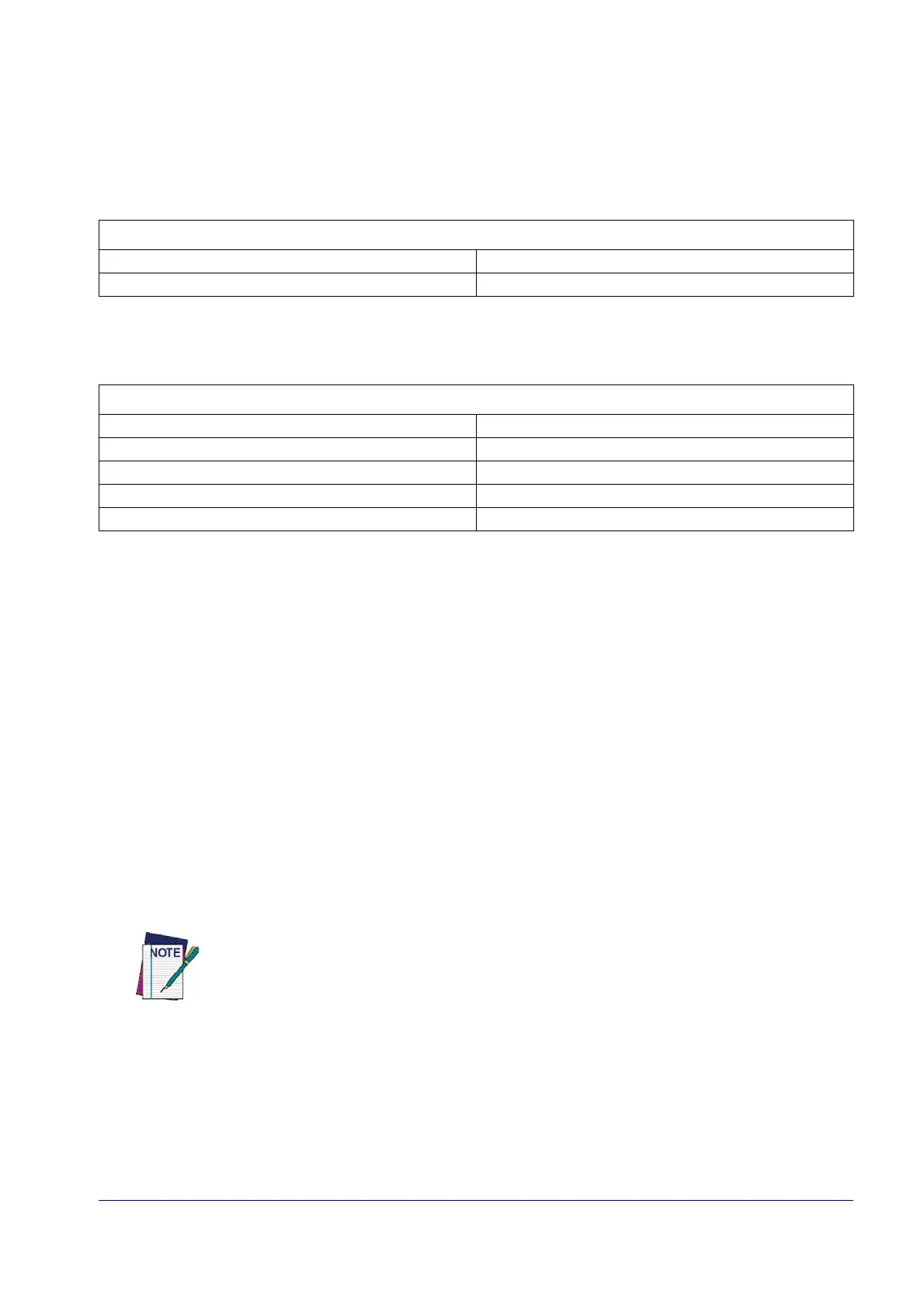